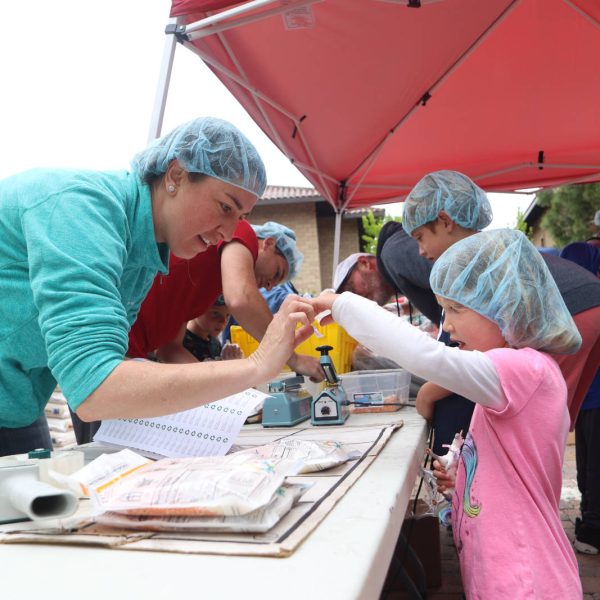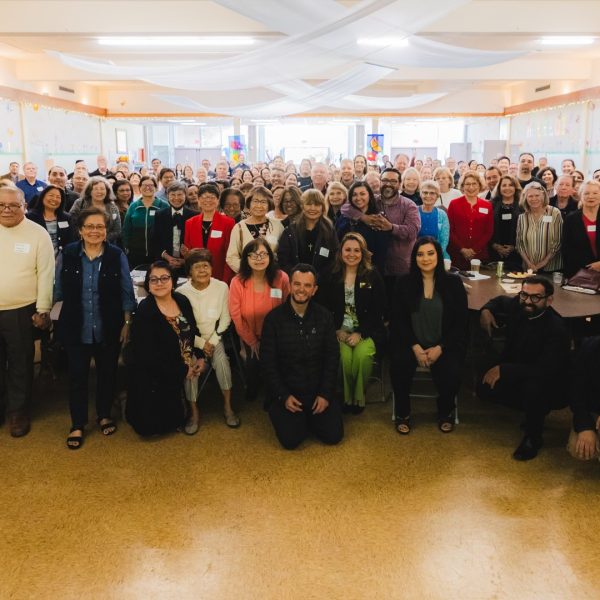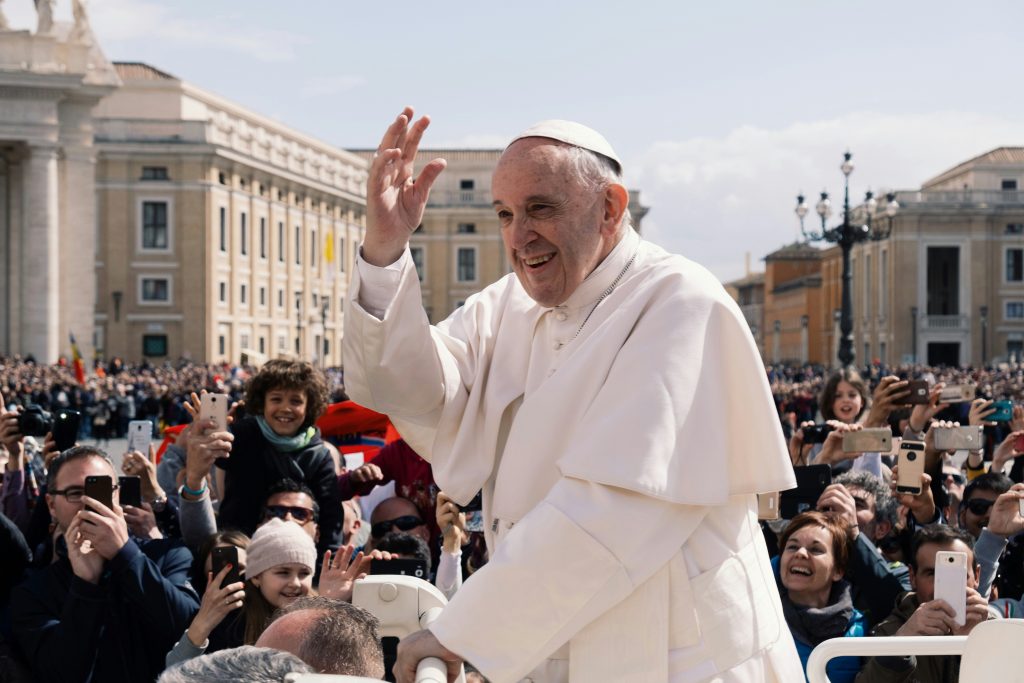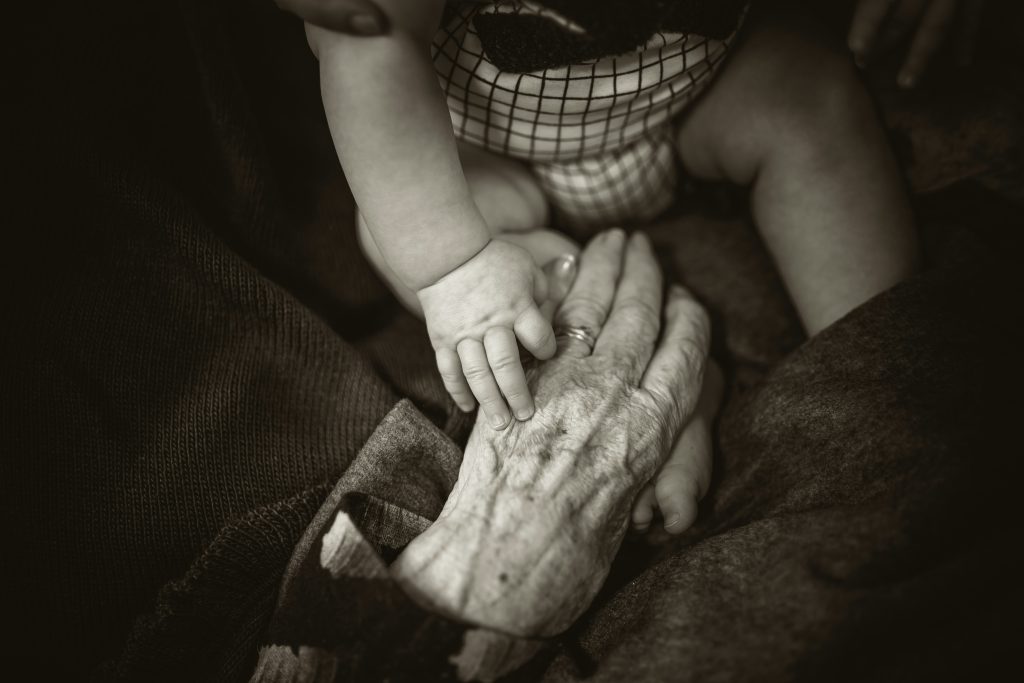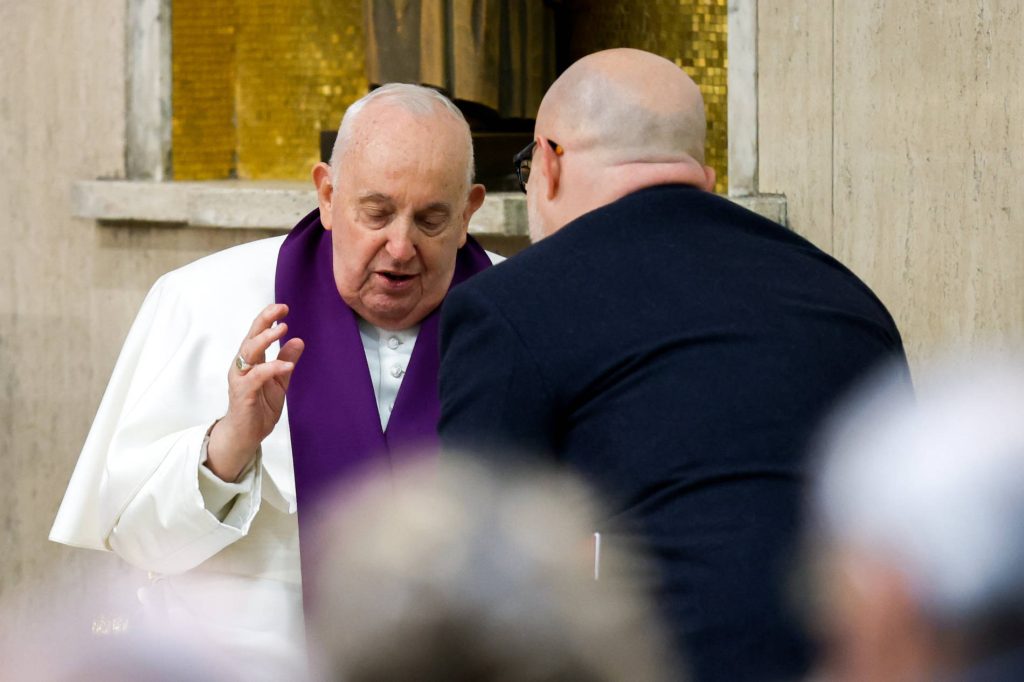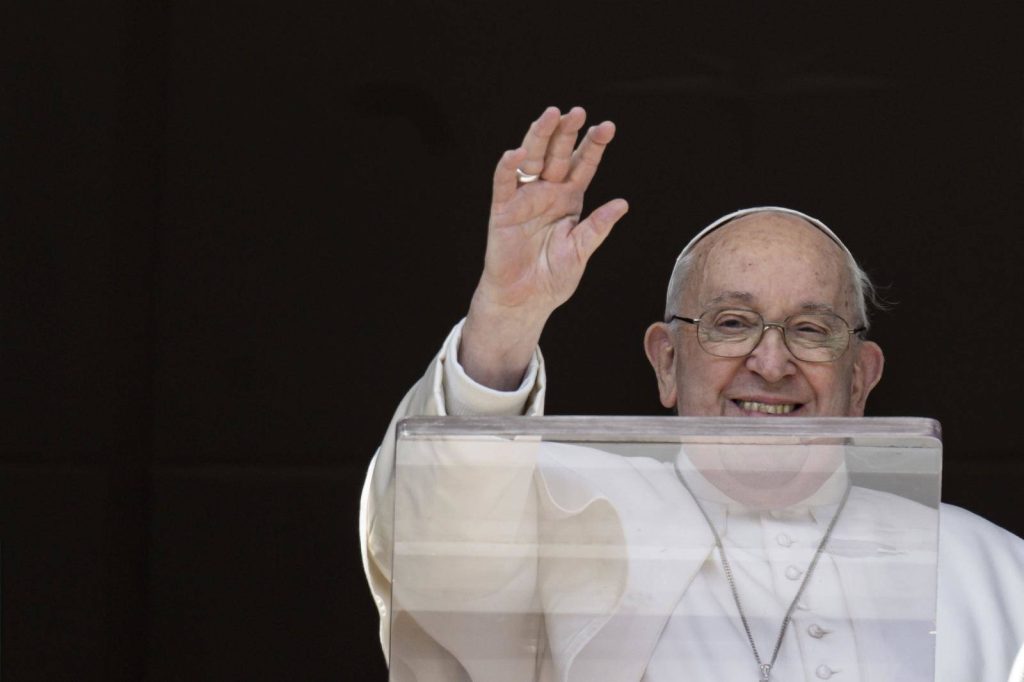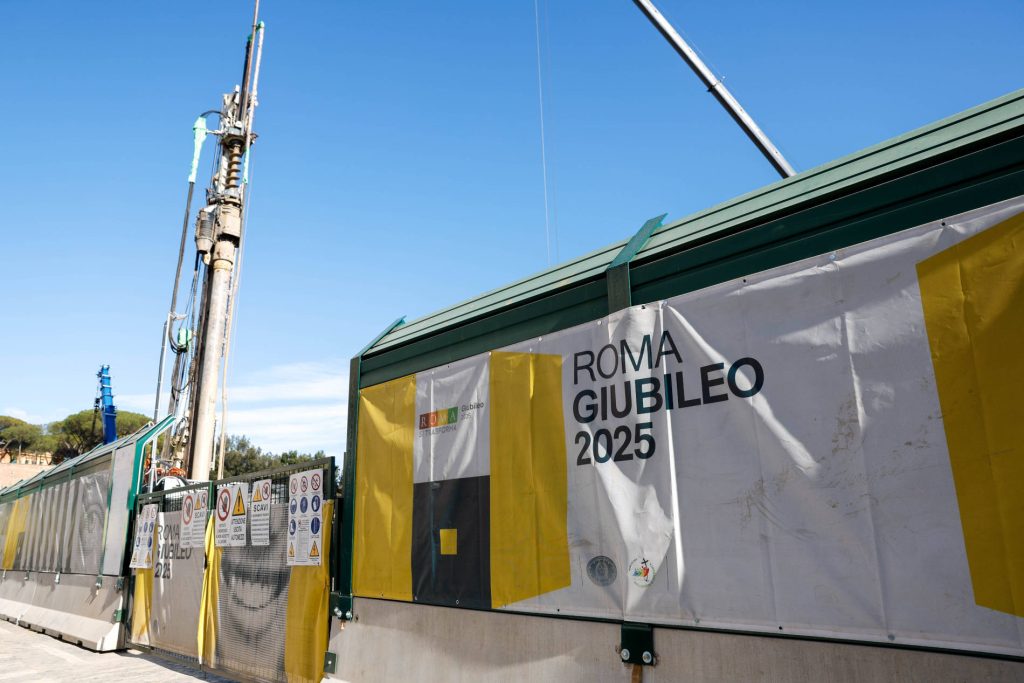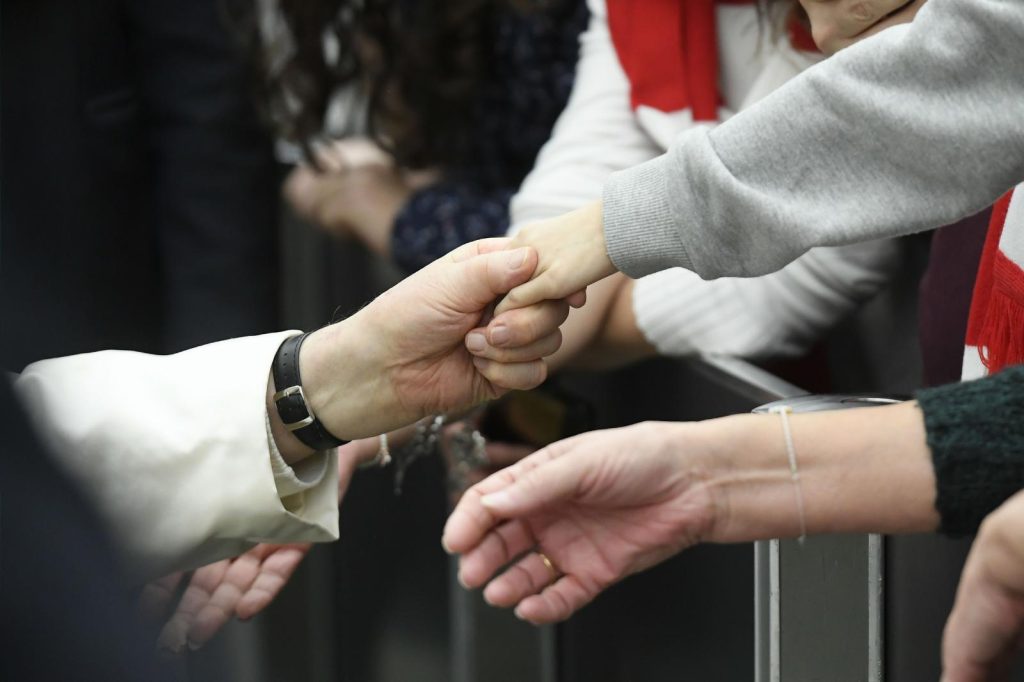By Christina Bagaglio-Slentz
From Nov. 30 through Dec. 12, representatives from almost every country on the planet will assemble in Dubai for COP28. Pope Francis had been scheduled to be there to address the participants on Dec. 2, though he had to cancel his trip after coming down with an acute form of bronchitis. What exactly is a COP, and why had the pope wanted to attend?
The acronym stands for “Conference of the Parties,” a United Nations process of gathering to address issues of significant concern in need of international cooperation. COP28 is the 28th meeting of the 198 nation-states that are parties to the UN Framework Convention on Climate Change, a collaboration aimed at stabilizing greenhouse gas emissions in the interest of human safety and protecting the Earth’s natural systems. The first COP was held in Germany in 1995, and the parties have met annually almost every year since then.
Why the Pope’s Interest?
If you have become familiar with Pope Francis’ call to care for our common home, as reflected in his 2015 encyclical “Laudato Si’” and his 2023 exhortation “Laudate Deum,” you won’t be surprised that the pontiff planned to attend COP28, as their goals largely align.
In “Laudato Si’,” Pope Francis loudly laments the cry of the earth and the cry of the poor, born of excessively consumptive human behavior and a worldwide addiction to the use of fossil fuels — the focus of the COP. In particular, the pope draws attention to the fact that it is the poorest and most vulnerable who have been affected most immediately and most intensely by climate change, though they are the least responsible for the emissions that have given rise to it. Out of love for these brothers and sisters around the world, the pope reminds us of our responsibility to care for creation, one of the seven principles of Catholic Social Teaching defined by Pope Leo XIII’s encyclical “Rerum Novarum,” way back in 1891!
“Laudate Deum,” released this Oct. 4, sharply criticizes the lack of leadership demonstrated by those in the strongest position to take action. “To the powerful, I can only repeat this question,” the pope poses, “‘What would induce anyone, at this stage, to hold on to power, only to be remembered for their inability to take action when it was urgent and necessary to do so?’”
Pope Francis includes an entire section in the exhortation entitled, “What to Expect from COP28 in Dubai.” He begins with cautious optimism, writing, “This Conference can represent a change of direction, showing that everything done since 1992 was in fact serious and worth the effort, or else it will be a great disappointment and jeopardize whatever good has been achieved thus far.” He closes the section urging those taking part in the COP to consider “the common good and the future of their children more than the short-term interests of certain countries or businesses.”
What Are the Key Issues?
By attending in person, Pope Francis would have been able to reiterate his pleas directly to the country representatives who hold the power to vote. Specific items on the table include:
- The Global Stocktake — the assessment mechanism to measure countries’ emissions reductions as pledged during the 2015 COP in Paris, known as the Paris Climate Agreement, attempting to keep global warming at less than 1.5 degrees Celsius (2.7 degrees of change in Fahrenheit), a goal the pope has described as a moral imperative.
- Mitigation — emissions reductions, which Pope Francis argues must demonstrate substantial change and not simply the appearance of being concerned.
- Climate Finance — efforts in this realm include the phasing out of subsidies to the fossil fuel industry, achieving a just energy transition to renewables, and rectifying the “ecological debt” owed by wealthier countries responsible for long histories of significant carbon emissions production.
- Loss and Damage — recognizing the grossly uneven levels of losses and impacts felt especially in the Global South as a result of climate change
- Adaptation — countries are encouraged to develop adaptation plans as impacts will be felt before the climate crisis can be fully reversed.
Bottom Line
According to the World Health Organization, climate change is expected to cause approximately 250,000 additional deaths per year, due to undernutrition, malaria, diarrhea and heat stress in the next two to three decades. As we are called to love our neighbors, we, as Catholics, must recognize the gravity of this catastrophe and press our country to take the lead in taking action. Equally important, we must take action ourselves in our own homes and parishes. If you are ready to do more, go to bit.ly/JoinSDCathCreationCare. We will keep you abreast of our events and opportunities to learn more.
UPDATE: This article was edited Dec. 2 to reflect that Pope Francis would not be attending COP28 .

